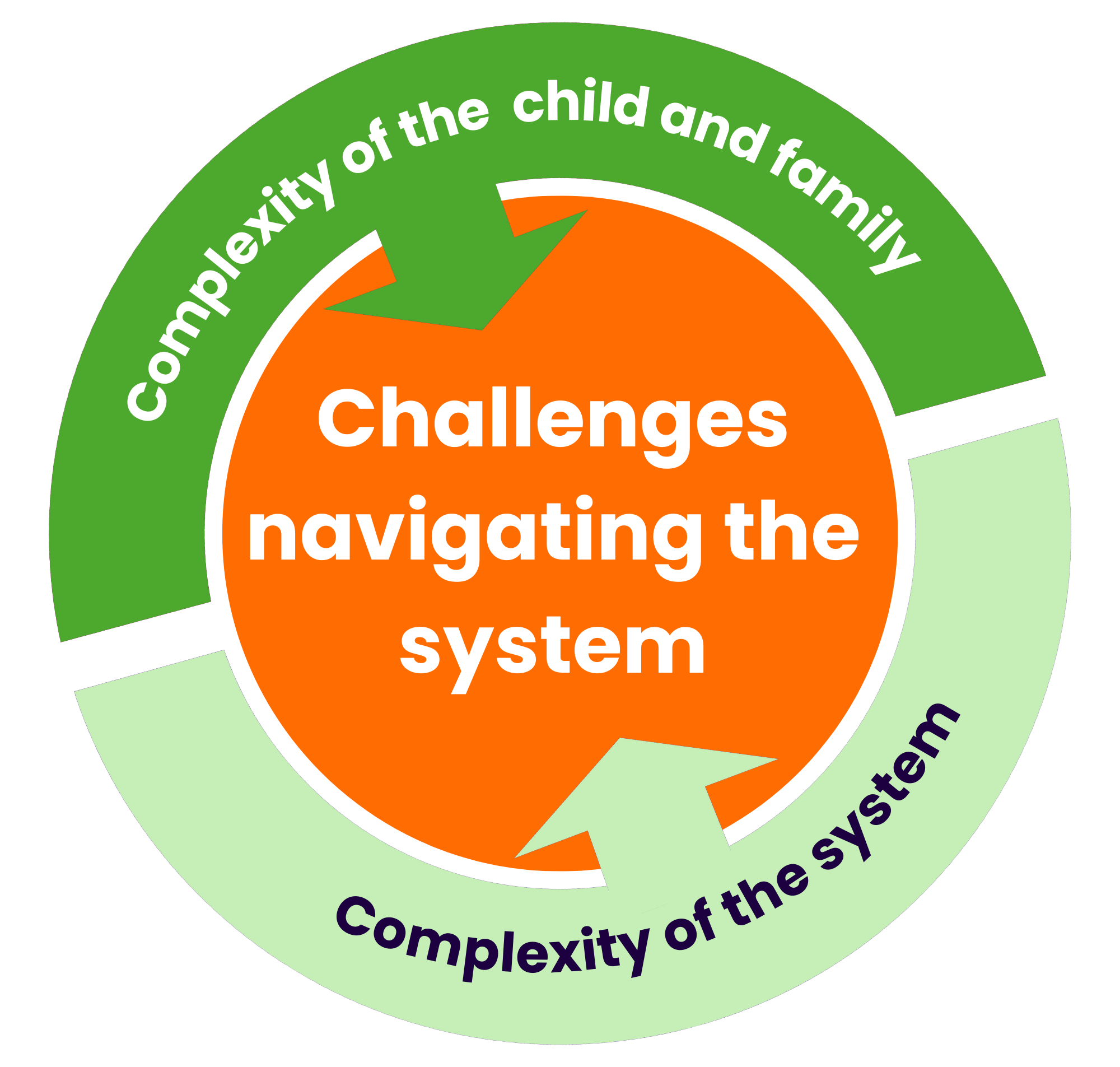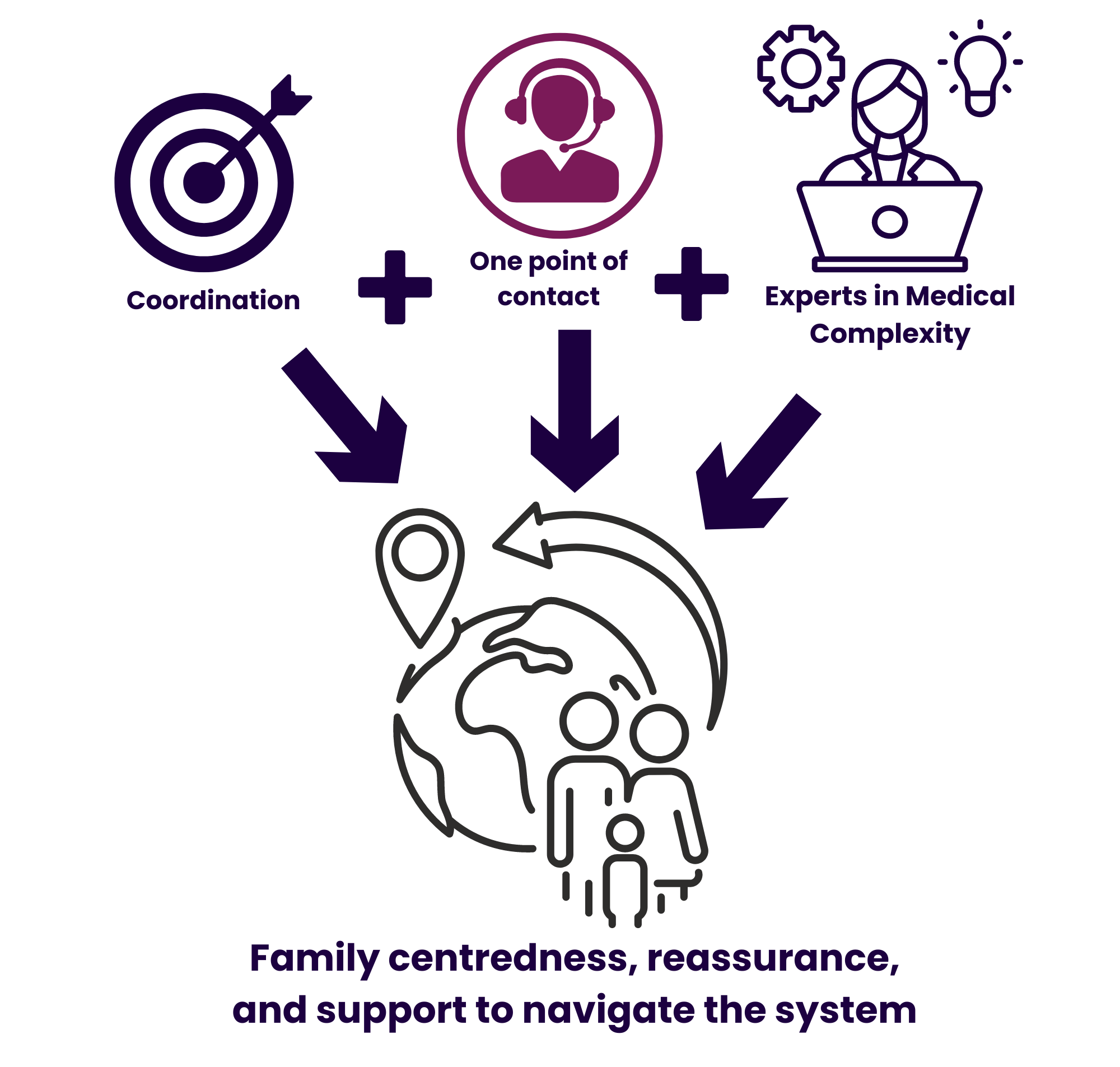Cerebral palsy is a complex condition that affects many children. Managing their healthcare needs involves a lot of different professionals. Parents and caregivers often end up coordinating all these services, which can be really demanding on their time, energy, and money. There are programs designed to help coordinate care for children with complex medical needs, like those with cerebral palsy, but not all families have access to these programs. We’re also not sure how well these programs work yet.
This project was started because it was seen as very important. It was created using co-design, which means parents of children with cerebral palsy, healthcare providers who work closely with these families, and researchers all worked together to develop it. Cerebral palsy is expensive for the healthcare and disability services, but it’s even more costly for families. The cost isn’t just financial—it’s also emotional.
This project has received seed funding from the Melbourne Disability Institute.
The Complex Care Service at RCH (Royal Children’s Hospital) was set up in 2017 and currently helps 323 children with complex needs. About 25% of the children who access the service have cerebral palsy. This service offers support to families who have a child with complex medical needs. They provide different levels of support based on what each child and family require.
Key components of the Complex Care Service include:
This project aims to do a few things:
Two phases of the project have been completed and we gathered a lot of information from medical records, interviews with families and healthcare workers, and existing research.
This study looked at information from the medical records of 78 children who received services from the Complex Care Hub because they have medically complex cerebral palsy. This information was compared with the information of 92 children who got regular care at the hospital.
We found that children who used the Complex Care Hub had more visits to the emergency room, longer stays in the hospital, and more appointments at hospital clinics. These children also had more complex health issues and needed more support from their community.
Interestingly, even though they used more hospital services, the study didn’t determine if these children and their families had a better experience overall. This is something that future research should investigate further.
We interviewed families who received help from the Complex Care Hub and those who received regular hospital care.
The study found that both groups of families face challenges because of how complicated each child’s health needs are and how complex the healthcare system itself is. These challenges make it difficult for families to get the care their child needs.
 The issue The issue |
 What helps What helps |
The Healthy Trajectories Child and Youth Disability Research Hub acknowledges the Traditional Owners of Country throughout Australia and recognises the continuing connection to the lands and waterways on which we live, learn and work. We pay our respect to Aboriginal and Torres Strait Islander cultures, and to Elders past, present and emerging.

Tell us a bit about yourself so we can keep you up to date with the most relevant news and opportunities.

Tell us a bit about yourself so we can keep you up to date with the most relevant news and opportunities.
This website uses cookies to ensure you get the best experience on our website. Learn more